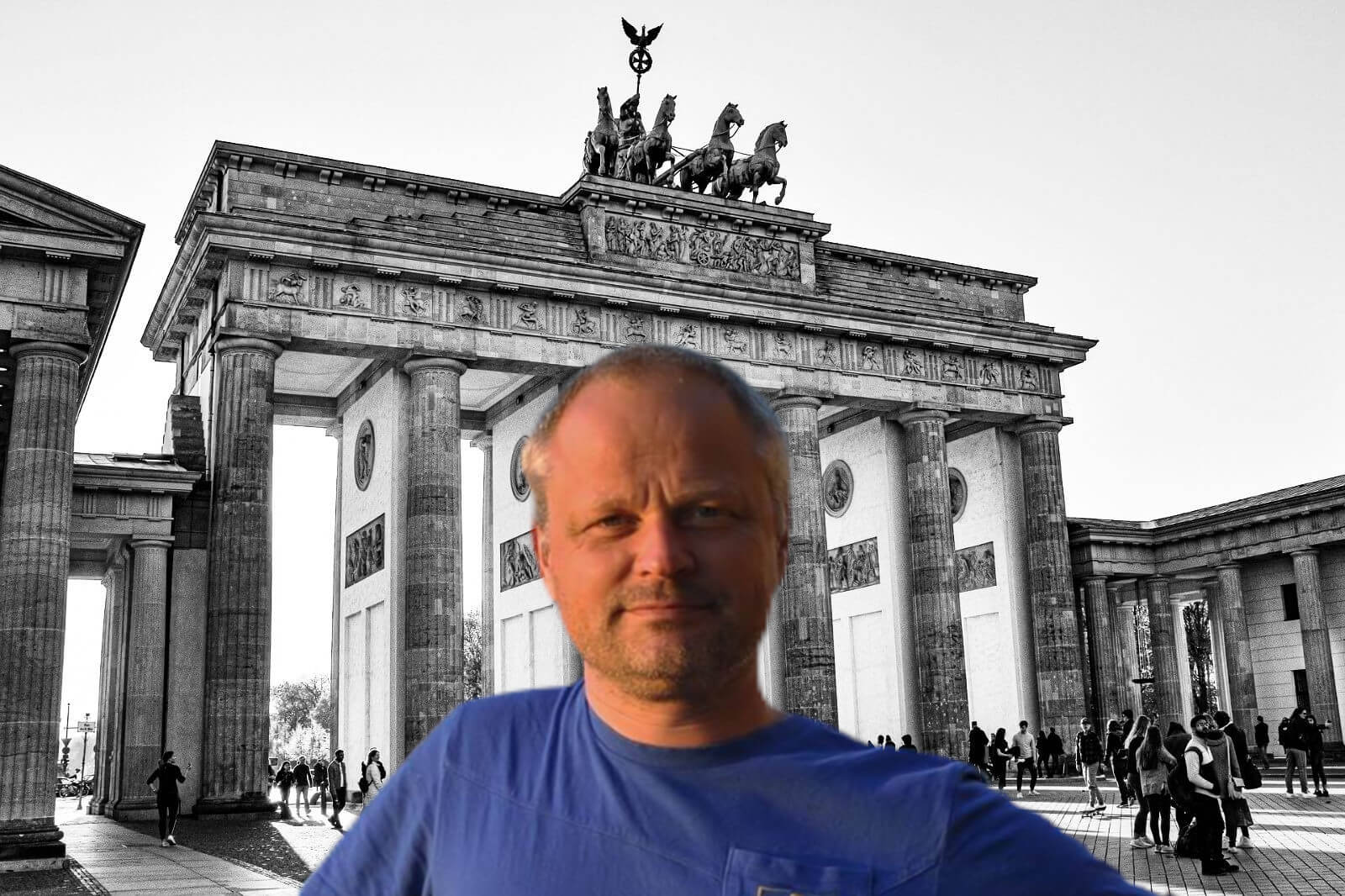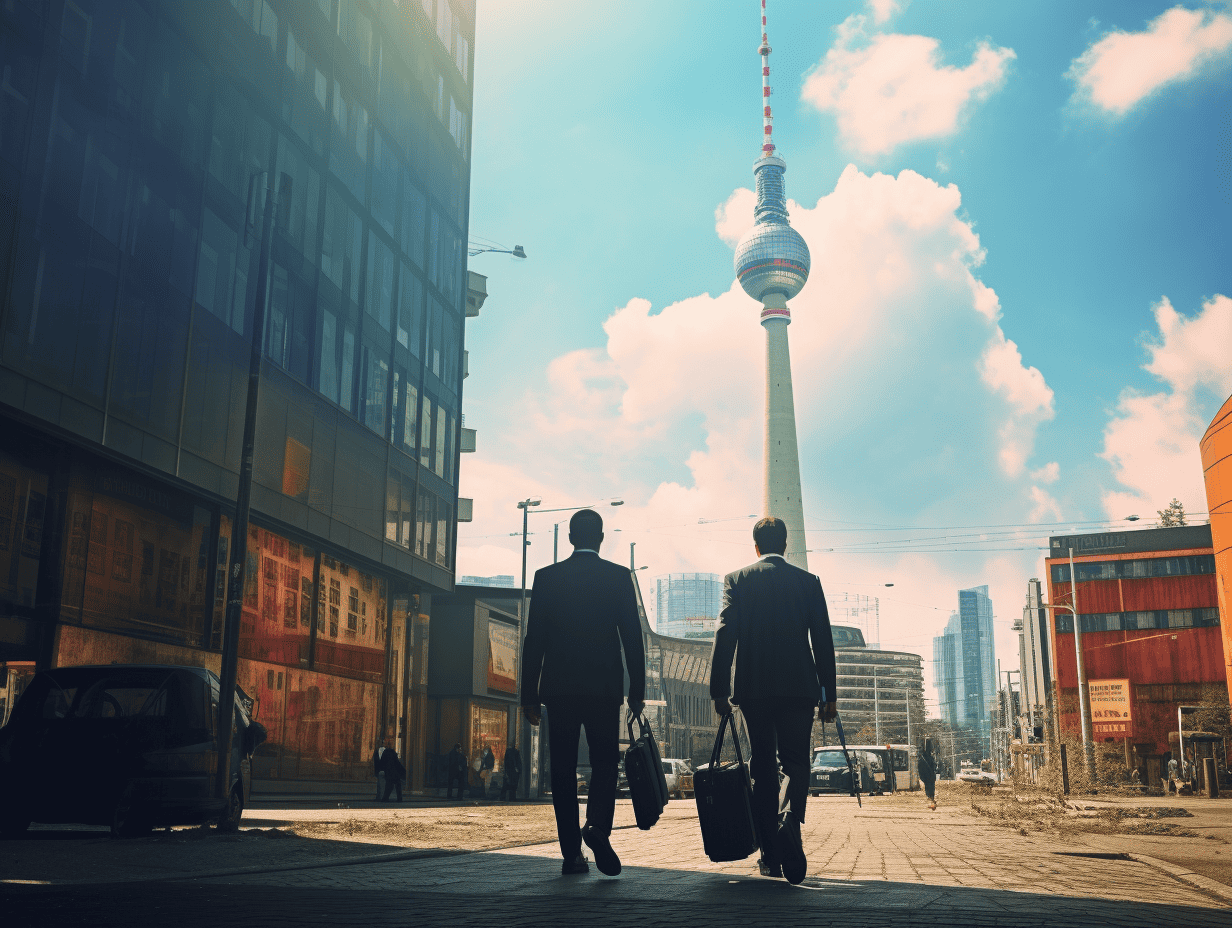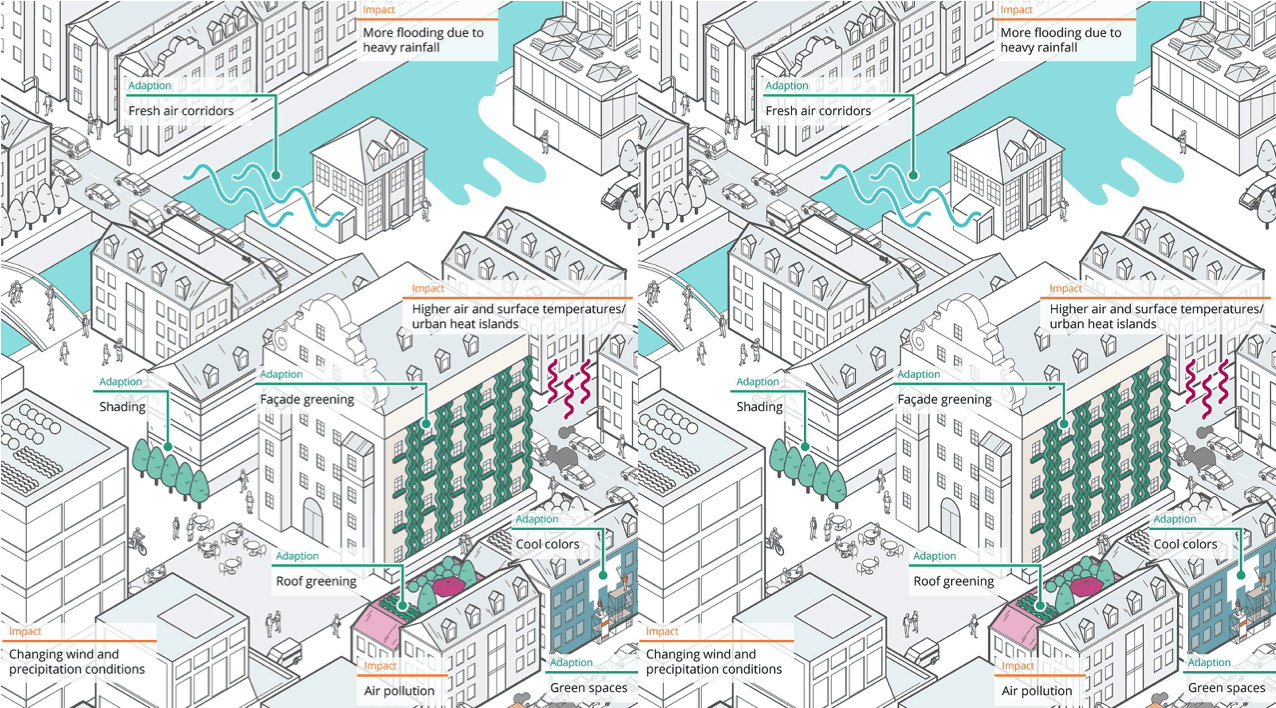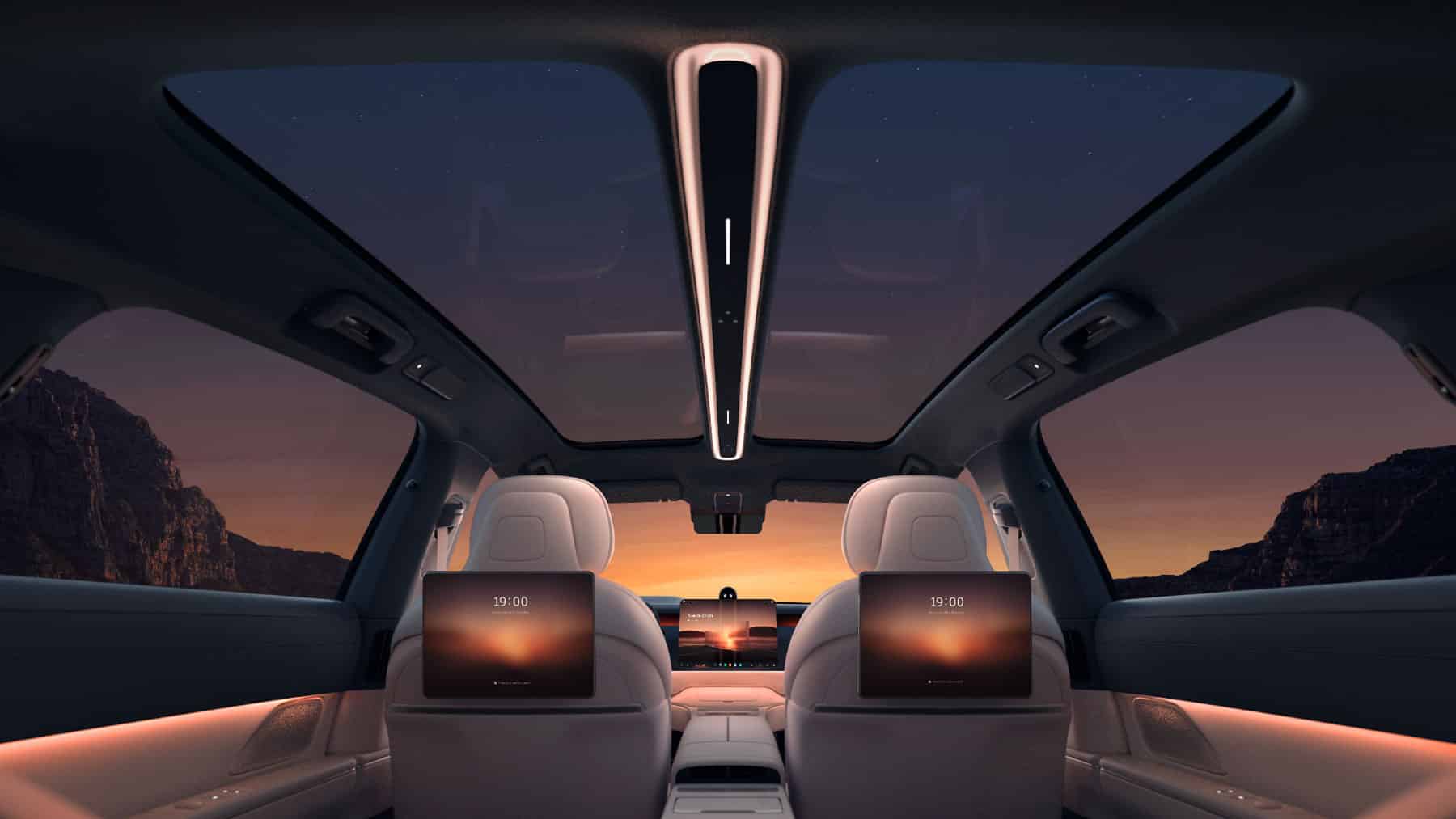
There is just under a week to go until the German elections are held on 26 September. The Social Democratic Party (SDP) is ahead of the CDU/CSU by a few percent in the polls, the Greens seem to have been knocked out of the race for first place. Yet a lot can still happen at the eleventh hour.
Most experts are betting on a coalition of SPD with the Greens and FDP (a traffic light coalition). Or CDU/CSU with the Greens and FDP (Jamaica). A Grand Coalition (CDU/CSU/SPD) is somewhat less likely, as is a Grand Coalition plus the Greens (Kenya) or the FDP ( Germany).
One of the main themes in the negotiations will be – regardless of the outcome – how Germany can meet the climate targets without sacrificing the innovation and competitiveness of its businesses. Of the major parties, the SPD and the Greens are, in a nutshell, pushing for more government intervention and higher taxes. The CDU/CSU and FDP, on the other hand, want to give companies more leeway.
A more detailed overview of what the parties think about climate, innovation and technology is provided below.
SPD
The Social Democrats realize that it is essential for industrialized Germany to generate more electricity in the coming years and, of course, green electricity in particular. According to Olaf Scholz, this is not yet sufficiently recognized by the main opposition CDU/CSU.
Scholz therefore wants in his first 100 days, if he becomes chancellor, to have a commission study how much energy will be needed in 2045. The power supply must be 100% CO2neutral by that time. Policy can then be adjusted accordingly.
A hot topic in the campaign is how that CO2 neutrality goal can best be achieved. The SPD is committed to a combination of stricter rules and market forces. Where rules and regulations are concerned, the SPD goes further than CDU/CSU and FDP although not as far as the Greens.
An example is that the SPD, like the Greens, aims to work towards a maximum speed of 130 km/h. Train travel must become cheaper than flying. On top of that, companies will have to deal with rising CO2 levies.

By 2025, the price per metric ton of CO2 should be 55 euros. In the year after, it should range between 55 and 65 euros for CO2 emission rights. The SPD wants to move as quickly as possible to a European trade in those rights.
Germany now applies a CO2 price of 25 euros per metric ton to the transport and building sectors.
The revenues from CO2 levies are returned to the citizens, among other things, in the SPD program via a gradual abolition of the so-called EEG-Umlage (Renewable Energies Act levy). This is a green surcharge that is paid on top of the regular electricity price in order to finance the subsidy on green electricity. In 2020, this amounted to 30.9 billion euros.
To pay for climate-related investments and improved social services, the SPD wants to increase taxes on companies and high earners, among other measures. In return, however, there will be better tax deductions for investments.
Like all the other parties, the SPD further promises to do something about the massive bureaucracy. That should help start-ups, among others. The same is true for digitalization. This is also something that all major parties agree on. Germany has no future if it continues to work with fax machines, paper notes, poor Internet coverage in rural areas and schools without computers.
Finally, the SPD has launched a project group for ‘Neue Erfolge.’ This is looking for ways to improve innovative capacity. An important role will undoubtedly be played by the KfW Bank (Kreditanstalt für Wiederaufbau) which supports innovative projects and companies through loans and shareholdings.
You can find the entire program of the SPD here.
CDU/CSU
The “Union”, just as the SPD does, attaches great importance to cutting red tape. Among other things, the Christian Democrats want it to be possible in future to set up a company within a maximum of 24 hours. Furthermore, CDU and CSU, like the other parties, want to be rid of the bureaucratic monster EEC.
When it comes to the climate, the CDU/CSU is pushing hard for a European CO2 emissions trading scheme. According to them, this is the best way to get scientists, companies and consumers to change their behavior and to promote new technologies. Unlike SPD and the Greens, they are not pinning a much higher premium on the future price of CO2
They are also less committed to the targets set for solar and wind energy. The advantage of this, according to CDU leader Armin Laschet, is that there is more room for technologies other than just electromobility. Consider synthetic fuels, for instance.

CDU and CSU also want to allocate more money to places where research, companies, start-ups and students come together, in other words, the campus model. Some successful examples in Germany are TU München, RWTH Aachen and Silicon Saxony.
They want to support young companies with a future fund totaling 30 billion euros. This fund must be part of a larger European plan for the future. Laschet, like the French President Macron, wants Europe to be less dependent on China and the US in a number of key technologies, such as quantum computers, artificial intelligence and the manufacture of batteries and computer chips.
Other issues from the Union program can be found here.
The Greens
The Green Party (Die Grünen) accuses the other parties of not coming up with enough concrete proposals to meet the climate targets. According to party chair Annalena Baerbock, strict rules do not have to stand in the way of innovations and market forces.
In an interview with the Handelsblatt newspaper, she points to the past ban on the use of CFCs to protect the ozone layer and catalytic converters in cars. At first, there was a lot of resistance to this from companies, but this quickly innovative solutions plenty of impetus.

The Greens have more hard targets that CDU/CSU and FDP are critical of. For example, the Greens want to ban the sale of new combustion engine cars starting in 2030. Like the SPD, they want a lower speed limit on freeways. By the year 2025, at least one million roofs must be equipped with solar panels. Per year, 5 to 6 gigawatts of green electricity must be generated additionally. Germany should also stop using coal-fired power plants sooner (in 2030). In the meantime, it is okay to invest in a better gas infrastructure, but this infrastructure must be usable for hydrogen in the future.
The Greens believe that it is ultimately preferable for businesses to know where they stand, rather than having to constantly shift the goalposts. This also applies to the government, by the way. Clear goals compel action and can be monitored by society.
Like the SPD, the Greens are going for higher CO2 levies in order to meet climate targets and promote environmentally friendly technologies. They are only going slightly further with a price of 60 euros per metric ton by 2023. The Greens are also in favor of more technological cooperation within the EU and the US. This is more difficult with China.
You can view the entire program of the Greens on their website here.
FDP
In this regard, the FDP is a somewhat more pragmatic. Shutting out China is not the way to go, according to party leader Christian Lindner. What really matters is making products that are as good, and preferably better, than those produced elsewhere in the world.

According to the FDP, higher taxes, strict regulations and bans are forbidden poison for the investment and innovation climate. The “Freie Demokraten” are also opposed to all kinds of subsidies that are currently handed out to industry and citizens in order to meet climate targets. This applies in particular to the car industry which makes hefty profits. The €1 billion subsidy to a Tesla battery factory is something they disapprove of.
According to Lindner, American tech companies were not created out of bans either. Things should be made a lot easier for entrepreneurs. It needs to be made much easier for German entrepreneurs – especially the smaller ones – to do business. Reducing bureaucracy is an easy way to improve the business climate. The same goes for improving the currently lousy digital infrastructure that is eroding Germany’s competitive strength.
A study by the Berlin-based European Center for Digital Competitiveness (ECDC) ranks Germany among the weakest countries in all of Europe in this area, which includes Eastern Europe and the Balkans.
The entire FDP program can be found here.
Latest Polls
Polls are being held frantically in Germany. Most “Umfragen” (polls) are fairly close to each other. The most recent overview can be found here. It only shows the parties that are likely to exceed the 5% electoral threshold.







